Iran ambassador: Talks with IAEA fruitful, based on mutual respect
Iran’s ambassador to international organizations in Vienna says representatives of the International Atomic Energy Agency (IAEA) and Iranian officials have held “fruitful discussions” based on mutual respect in Tehran.
“Iran and the IAEA held fruitful discussions based on mutual respect,” Kazem Gharibabadi tweeted Sunday afternoon, a day after IAEA Director General Rafael Grossi arrived in the Iranian capital for talks about issues relating to the agency’s inspection of Iran’s nuclear energy program.
Gharibabadi said the result of the discussions will be released later in the day.
Iran and the IAEA held fruitful discussions based on mutual respect, the result of which will be released this evening. pic.twitter.com/phLZcnR4ue
— Gharibabadi (@Gharibabadi) February 21, 2021
Grossi’s visit came after Iran informed the IAEA of its decision to end the voluntary implementation of the Additional Protocol, which allows the IAEA inspectors to carry out closer inspections of Iran’s nuclear program.
In early December, Iranian lawmakers passed a law to further accelerate the development of the nuclear program. The law is a firm reaction to Washington’s withdrawal from the nuclear deal of 2015 – the Joint Comprehensive Plan of Action (JCPOA) – and the illegal sanctions the US has imposed against Iran.
Among other things, the law tasked the Iranian administration to stop allowing inspections beyond the Safeguards Agreement, including the voluntary implementation of the Additional Protocol, if the other parties to the JCPOA failed to deliver on their commitments before a two-month deadline, which fell on February 21.
In a tweet earlier on Sunday, the IAEA said Grossi’s trip to Tehran was aimed at finding a mutually agreeable solution so that the IAEA can continue its essential verification activities in Iran.
“A press conference is planned for this evening upon his arrival from Iran,” the UN watchdog added.
'EU supports Grossi's efforts to reach understanding with Iran"
Meanwhile, Stephan Klement, head of the EU delegation to the international organizations in Vienna, also voiced support for Grossi’s trip on Sunday, saying the EU continues to support Grossi’s efforts to find understanding with Iran over the issue.
#JCPOA: EU continues to support the efforts of @rafaelmgrossi to find understanding with #Iran so that @iaeaorg can continue its essential monitoring activities which are important in the framework of the #irandeal https://t.co/TErtd8rZJB
— Stephan Klement 🇪🇺 (@Amb_Klement_EU) February 21, 2021
In May 2018, Donald Trump, the former president of the United States, unilaterally withdrew the country from the JCPOA and imposed the “harshest ever” sanctions on Iran under his so-called maximum pressure campaign with the declared aim of making a “better deal” with Tehran.
Iran waited exactly one year for the other parties to offset the impact of the US sanctions. But having witnessed their failure to stand up to Washington’s bullying, Tehran started to take remedial measures, which included bi-monthly reductions of its commitments under the JCPOA.
Since then, the Islamic Republic has explained ad infinitum that it will immediately return to full compliance as soon as the sanctions are lifted and its interests under the deal are safeguarded.
“We have reduced the level of our commitment, but we have always said it’s reversible,” Iranian Foreign Minister Mohammad Javad Zarif said in an exclusive interview with Press TV on Sunday morning.
“The minute they come back to full compliance, we will go back to full compliance.”
The top diplomat reminded that Paragraph 36 of the JCPOA enables Iran to take “remedial action” against failure by other sides to implement their obligations.
The Islamic Republic, he added, was not violating the agreement, it was simply implementing the remedial steps that it is entitled to in line with the pact.
Hamas hails Gaza’s victory over Israel in genocidal war, its forcing enemy to agree to ceasefire
'Capitulation': Israeli officials and media concede Gaza defeat as truce unfolds
'Gaza has won': Social media users react to ceasefire with mix of relief, joy
Iran seeks South Korea’s assistance for AI, fiber-optic projects
VIDEO | Iran's 'Eqtedar' (Power) maneuver
Israel hits HTS military target in Syria for 1st time since fall of Assad
VIDEO | Press TV's news headlines
Israel has slaughtered 13,000 students in Gaza, West Bank





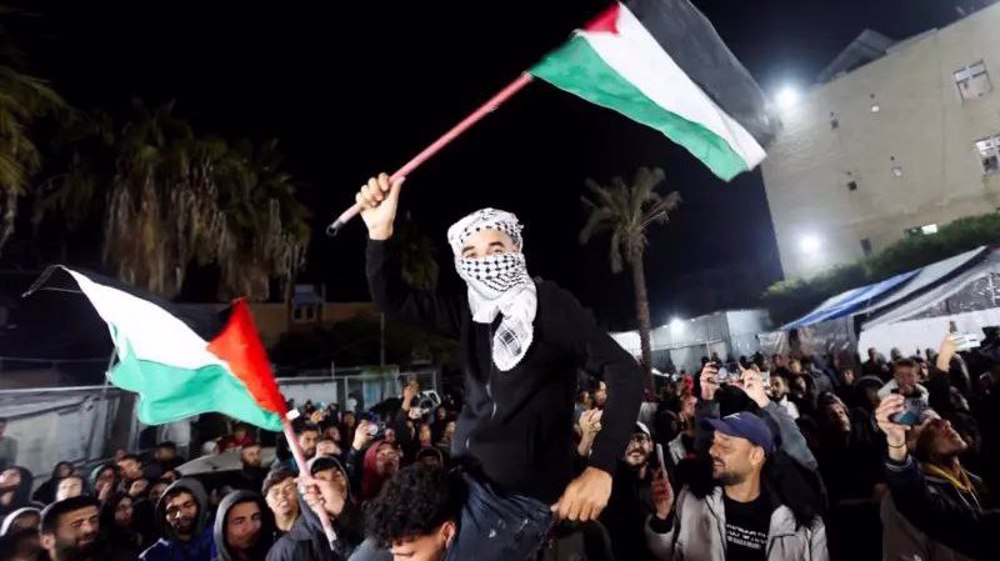





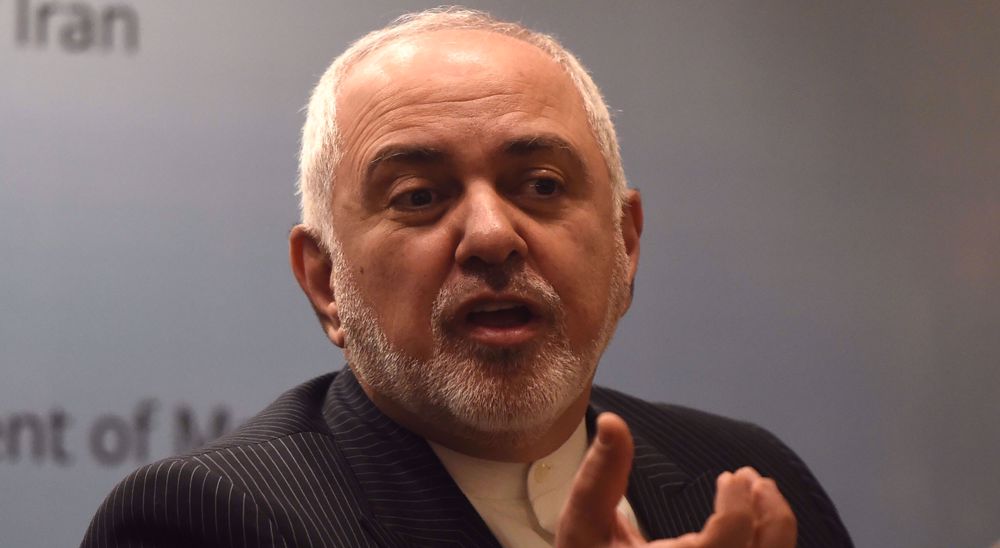
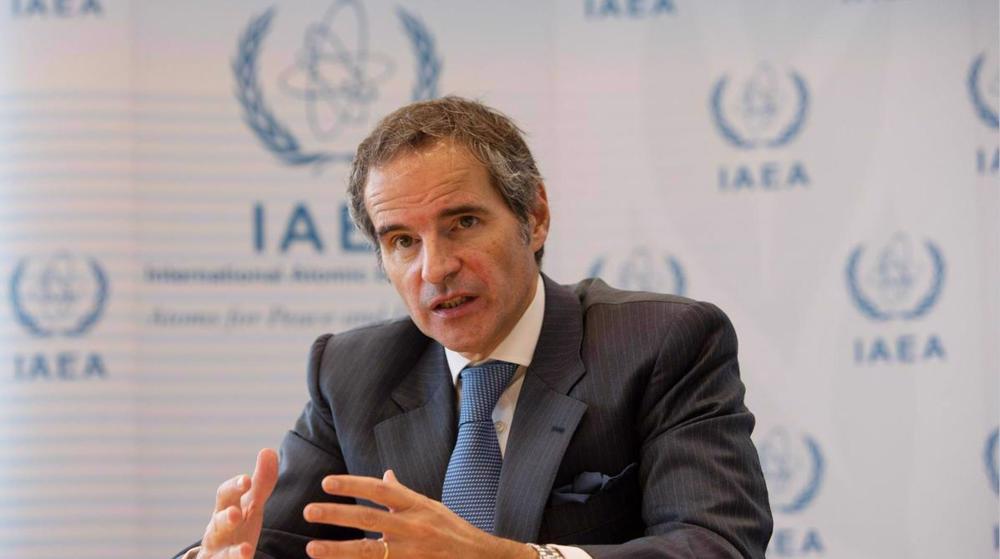
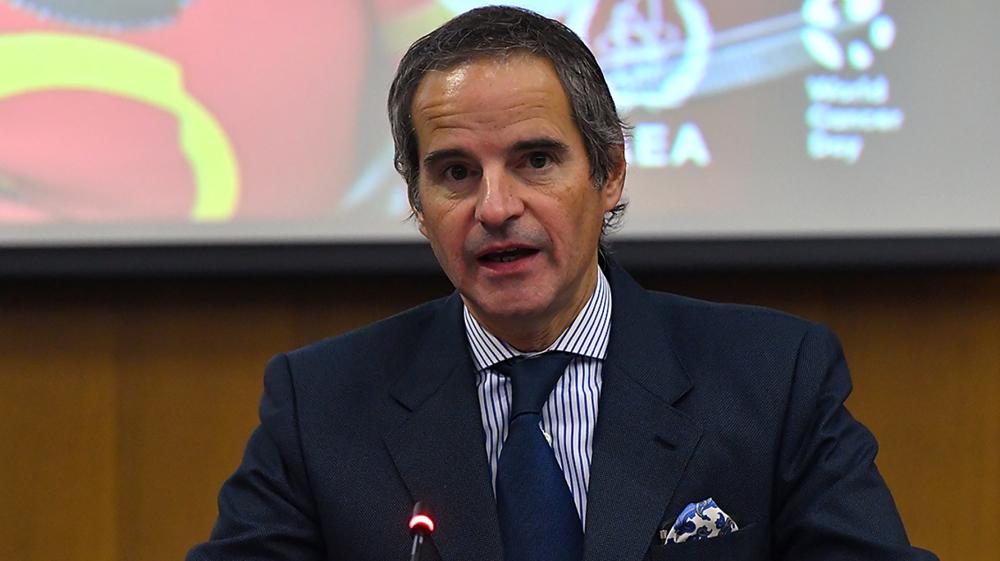
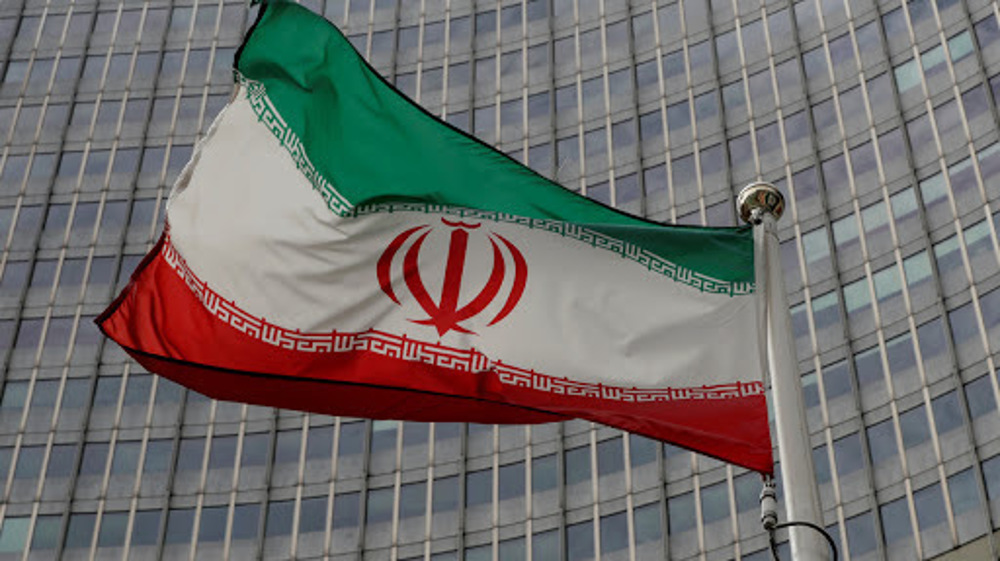
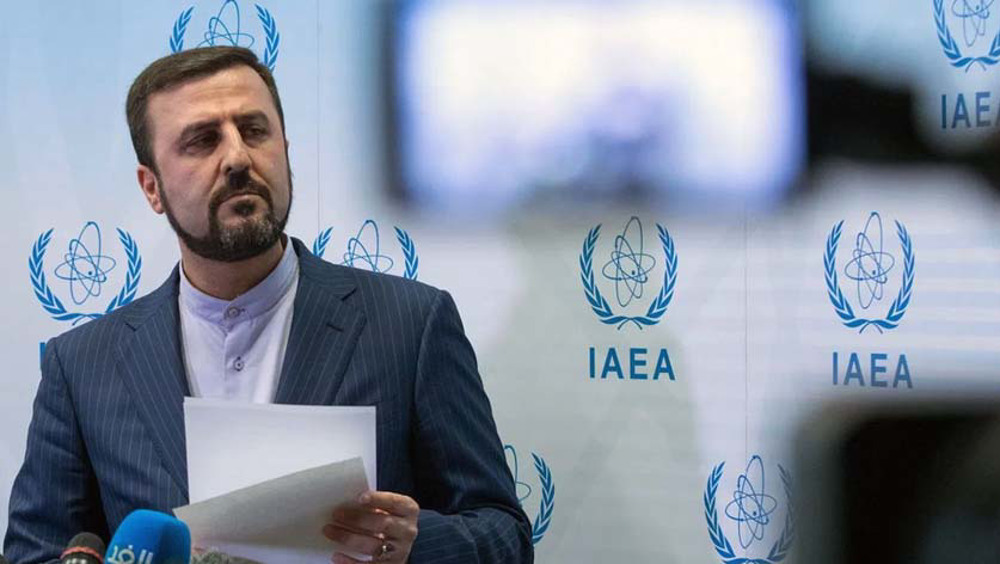

 This makes it easy to access the Press TV website
This makes it easy to access the Press TV website